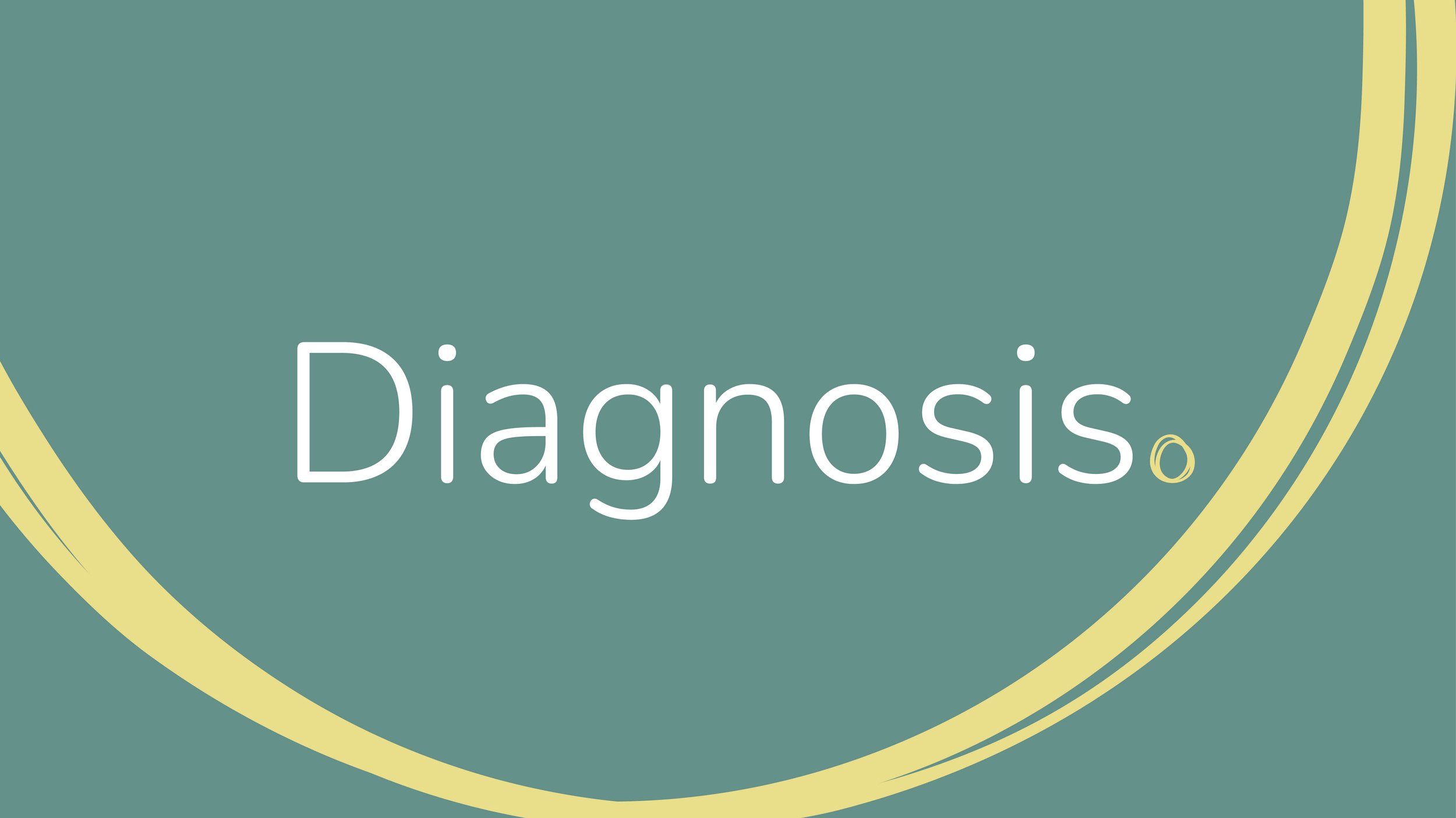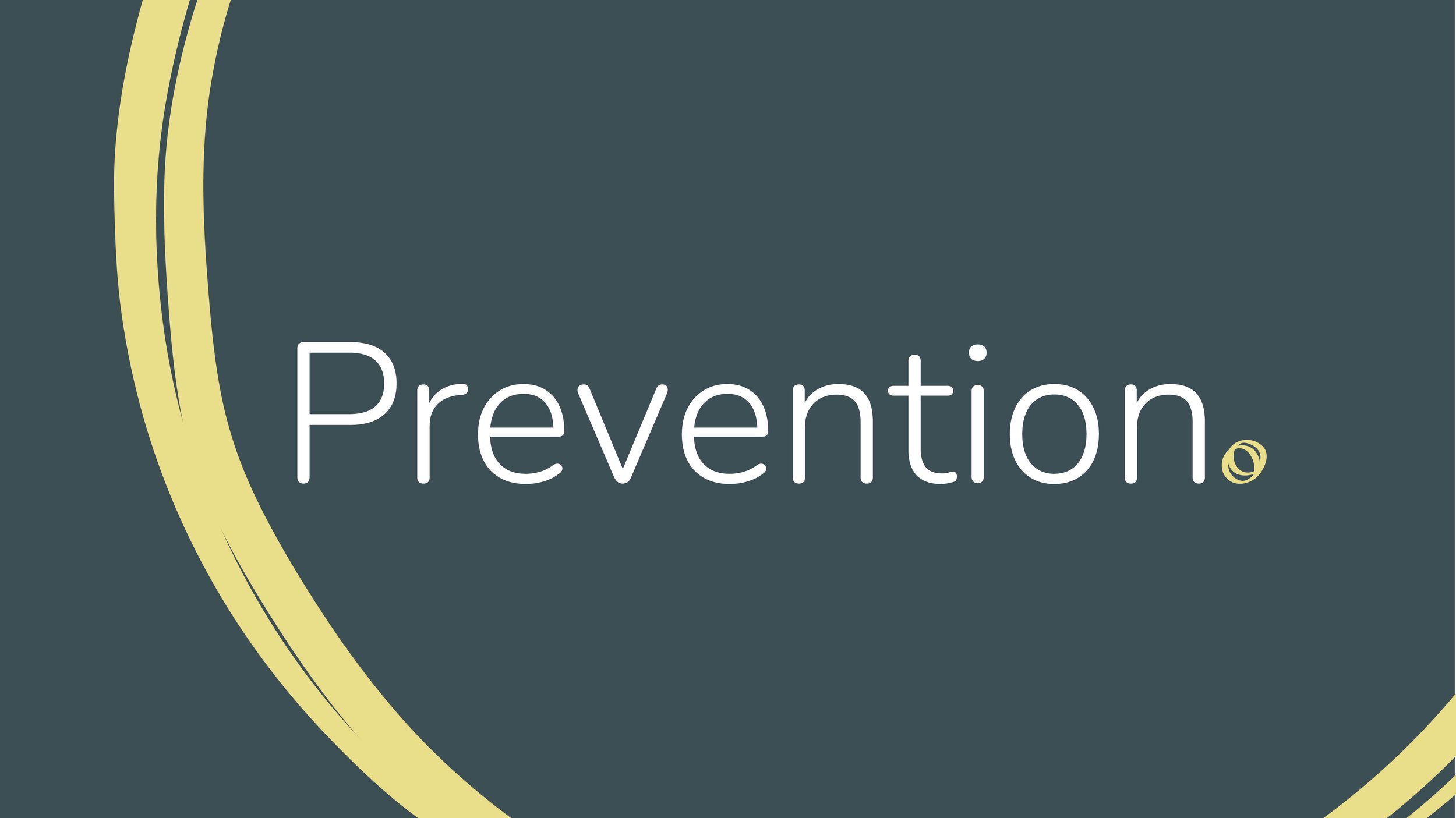
Understanding birth trauma
Post-traumatic stress disorder (PTSD) is always a distressing condition. But for women experiencing the condition after giving birth, there are additional factors that make it particularly difficult. Even women who don’t develop full-blown PTSD may still experience some elements of it that have a profound impact on them.
Relationship with their baby
Women with birth trauma often find it hard to bond with their baby. After a traumatic birth, it’s not unusual for the mother and baby to be separated, either because the mother is ill or the baby is. Sometimes women give birth by caesarean section under general anaesthetic and are not present for their baby’s birth. Women who have experienced this early separation often mourn the loss of those important early moments with their baby. Sometimes they feel guilty, and that they have let the baby down. Many feel a sense of distance from their baby, and go through the motions of motherhood without feeling the overwhelming love that most mothers report. Others go to the other extreme and become overly-anxious about their baby, watching over it constantly and refusing to let other people even hold the baby.
A traumatic birth can make women reluctant to try for another baby, so many women with birth trauma stop at one child. A subsequent pregnancy can also reawaken the trauma of the first birth.
Avoiding contact with medical professionals
Reminders of the birth, such as a visit to the hospital, or even the sight of another woman with a newborn baby, can trigger flashbacks. For this reason, many women with birth trauma avoid contact with the hospital, or with medical professionals, or with new mothers. This is worrying because it means women may miss important medical appointments or stay away from mother-and-baby groups, leading to them becoming isolated.
Relationship difficulties
PTSD can make people extremely anxious and irritable, leading to relationship difficulties. When a woman has birth trauma, it can feel to those around her as if she is a completely different woman. Frequently, partners don’t understand why the woman feels this way and think she should be able to just snap out of it, leading to further deterioration in the relationship. Friends and family also tend to advise women that they should “move on”, or change the subject by making comments such as, “But you have a lovely baby” leading to women feeling even more isolated.
Physical problems
Many women who have had a traumatic birth suffer from painful and distressing physical symptoms, sometimes as a result of tearing or other physical injury. This can make an already difficult situation even worse.
A survey we carried out in 2022 in partnership with the Australasian Birth Trauma Association (ABTA) and Make Birth Better highlighted the impact of physical injuries on women’s lives, including their ability to bond with their baby, their relationship with their partner, their ability to work and their ability to take exercise.
Partners
Sometimes partners experience birth trauma too – about 1% of partners develop PTSD after witnessing a traumatic birth. Because partners are rarely asked about their mental health after birth, their need for psychological support often goes unnoticed.
Many cases of birth trauma go undiagnosed and untreated. Opportunities to prevent birth trauma are missed.
4–5%
of women develop PTSD after birth
1%
of birth partners develop PTSD after birth
Training videos
As part of our educational work with health professionals we created a video training course on birth trauma and trauma informed care. Here’s the trailer – view the full videos and download training materials on our training page, and find out more about prevention and diagnosis across our site.
Birth Stories
“BTA provide the safe, compassionate and empathetic space and point for advice and consultation that is missing – and has been missing – from NHS maternity services for too long. BTA are a community of support where compassion and help for mothers, children and families is at the centre of everything they do.”
— BTA Facebook group member, 2023



